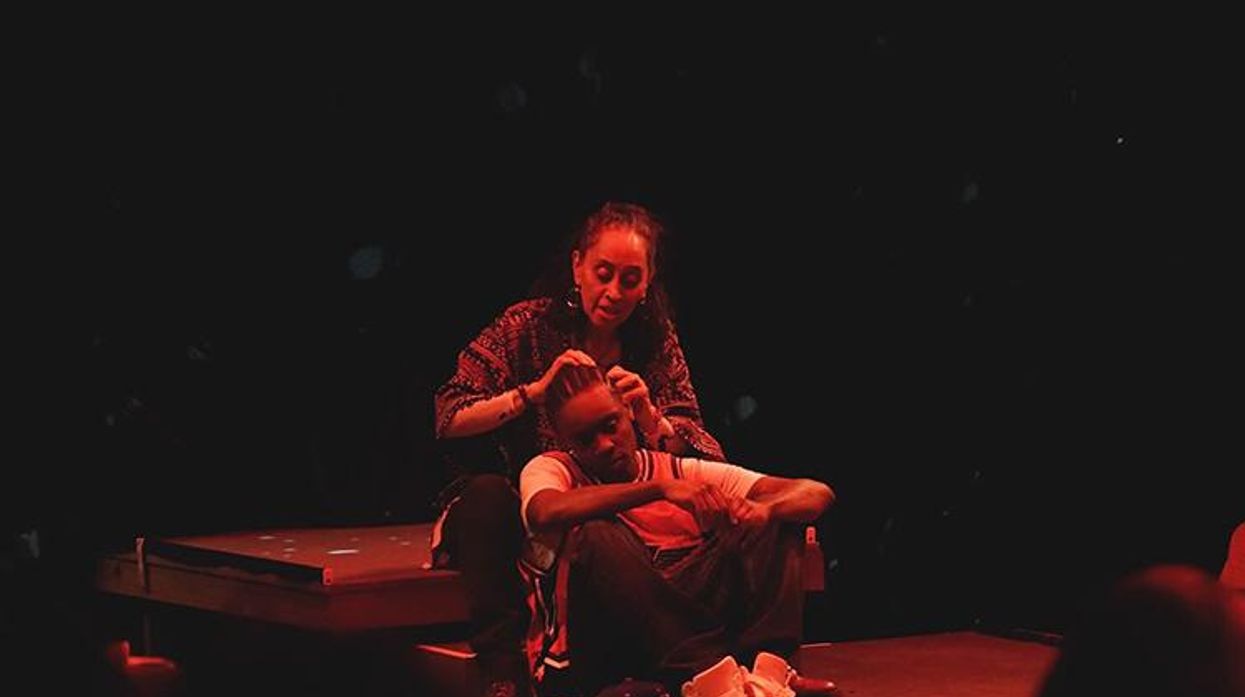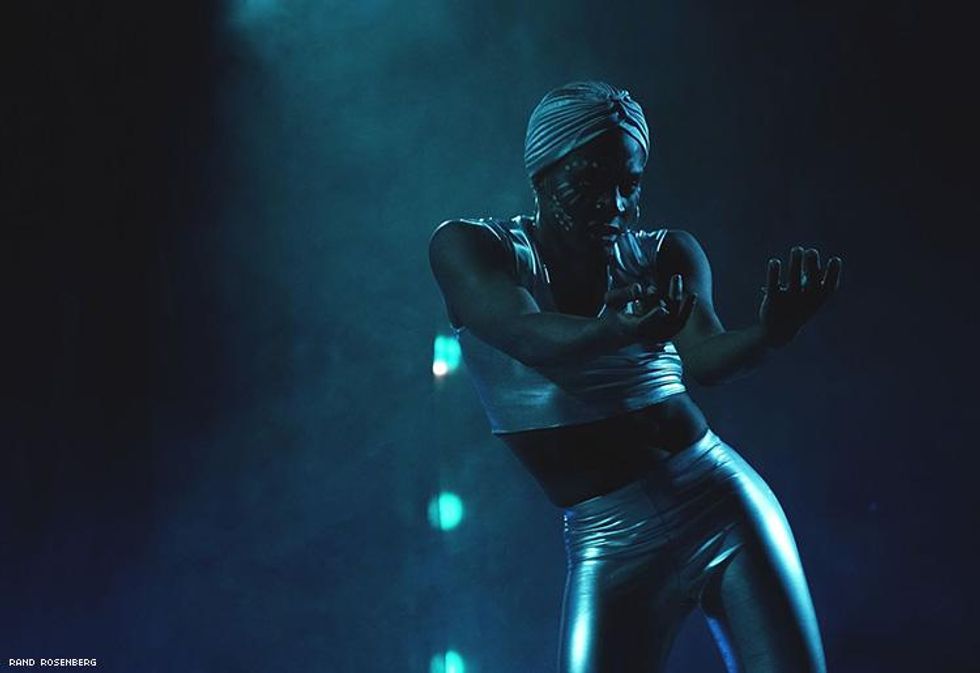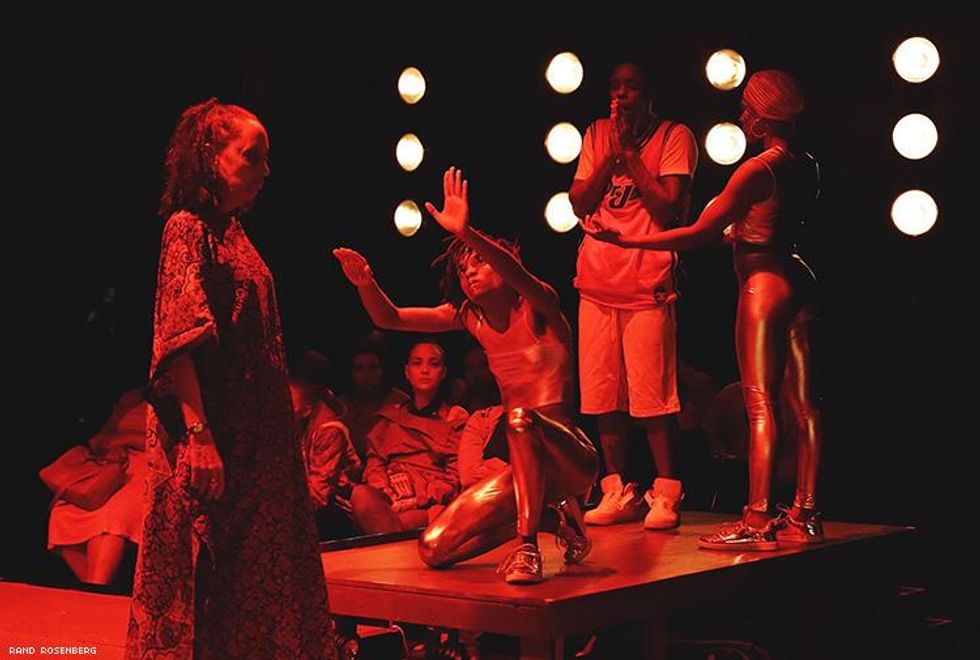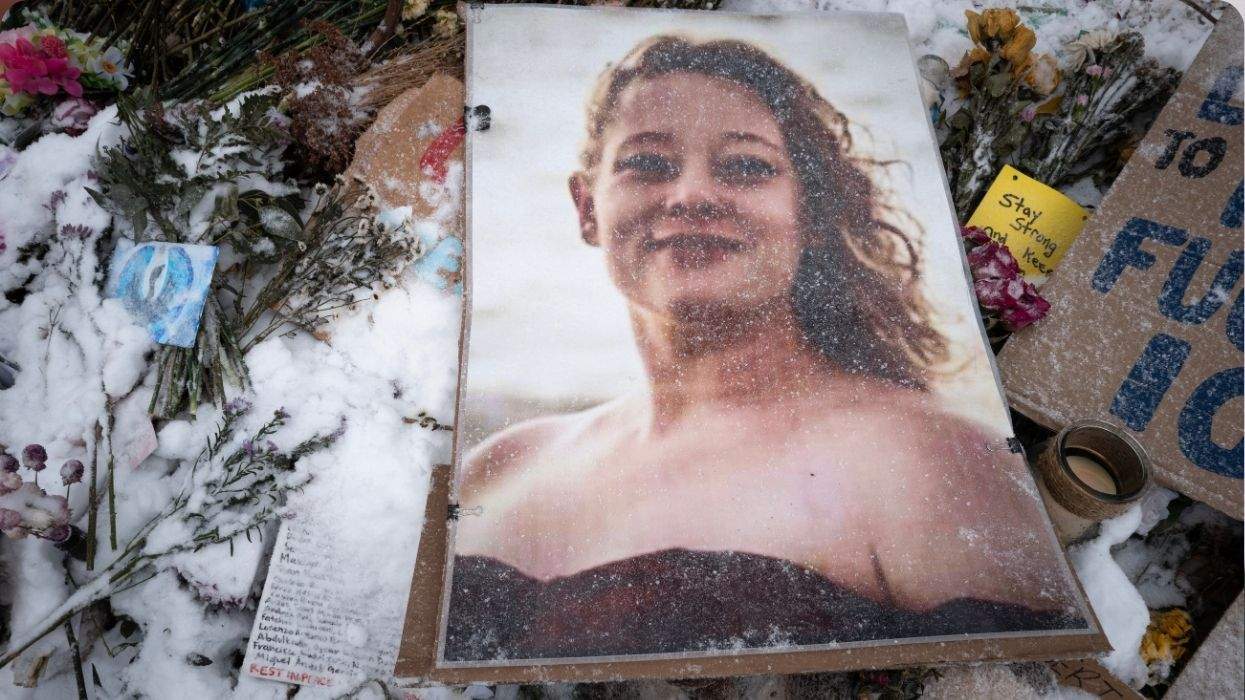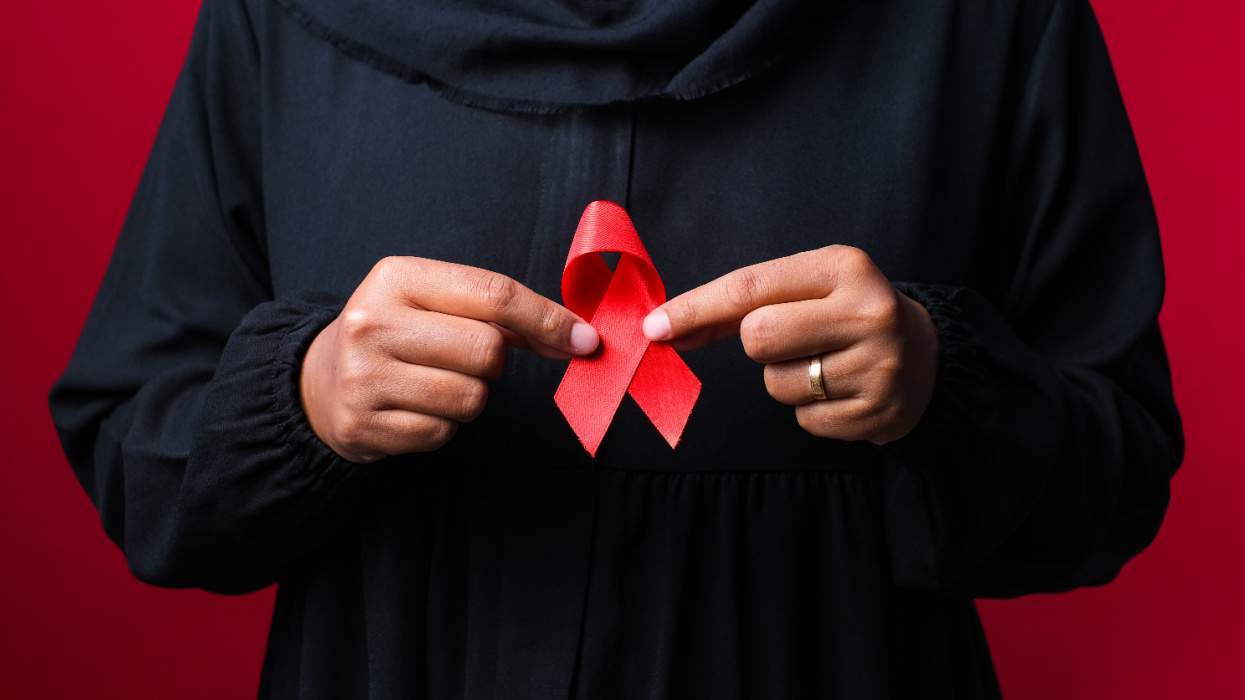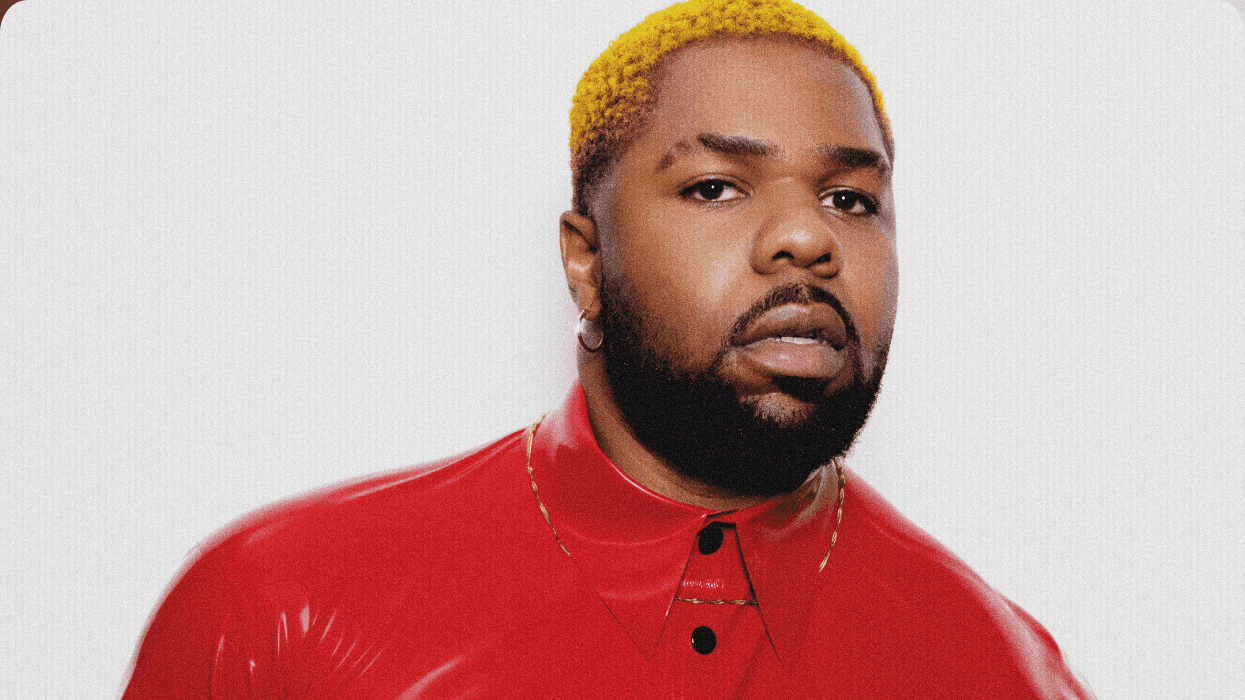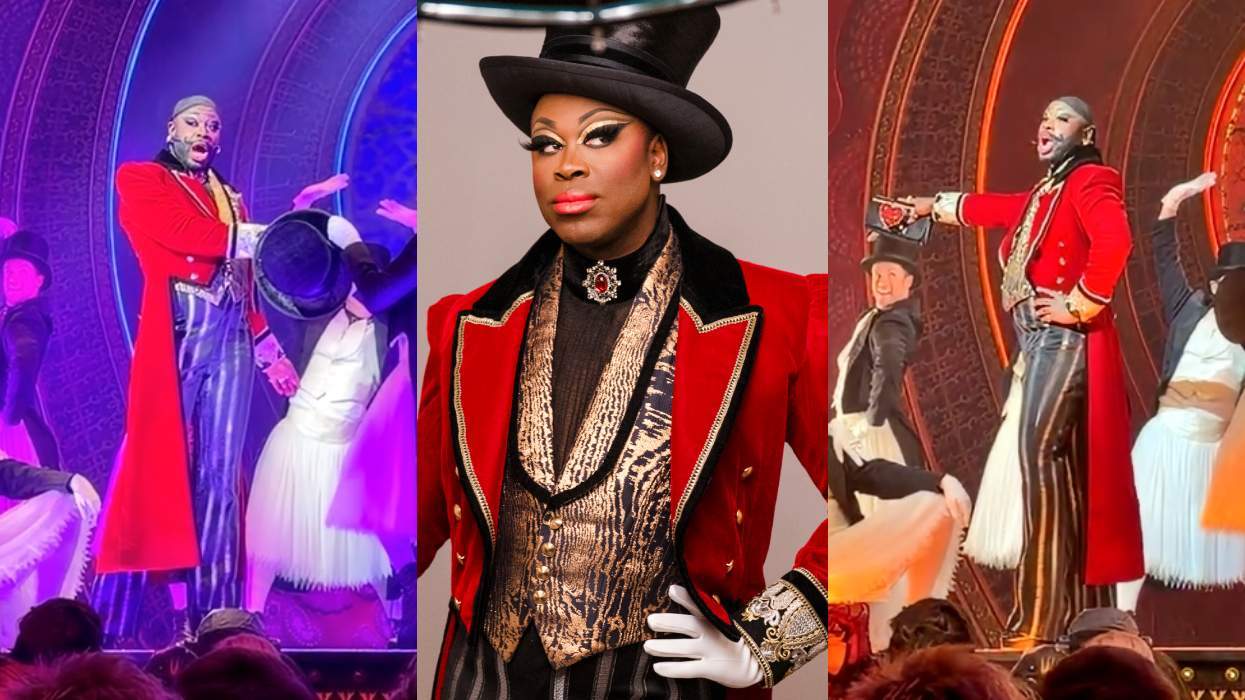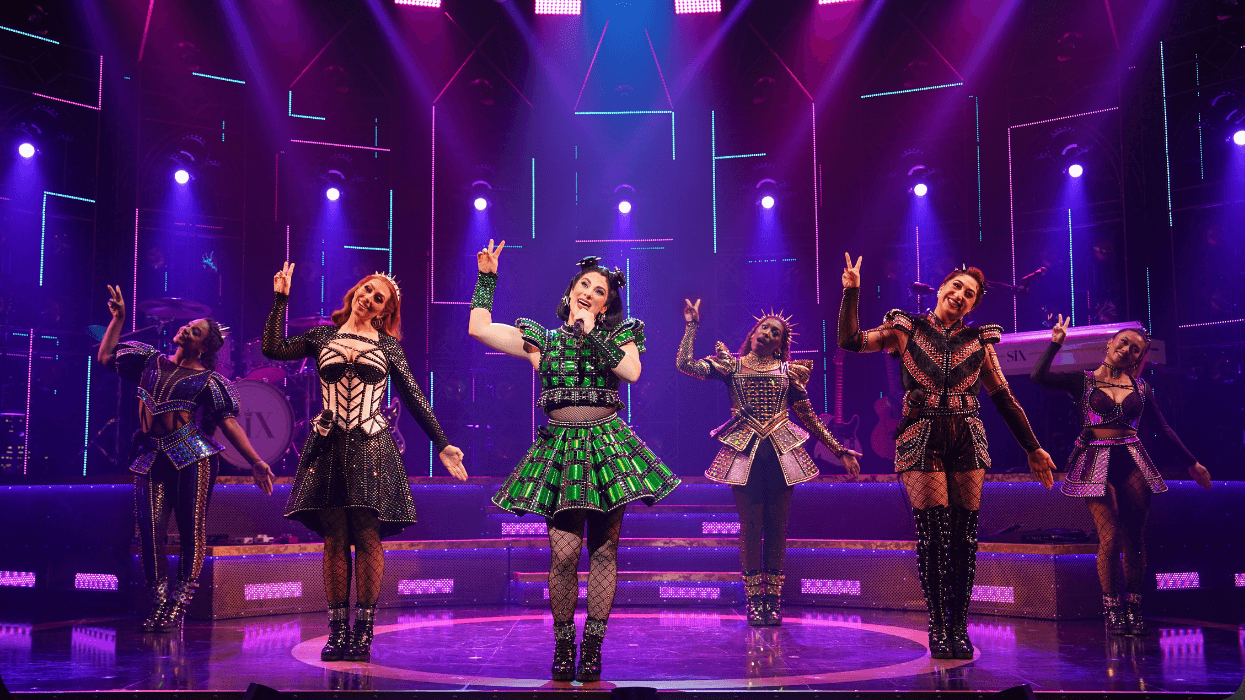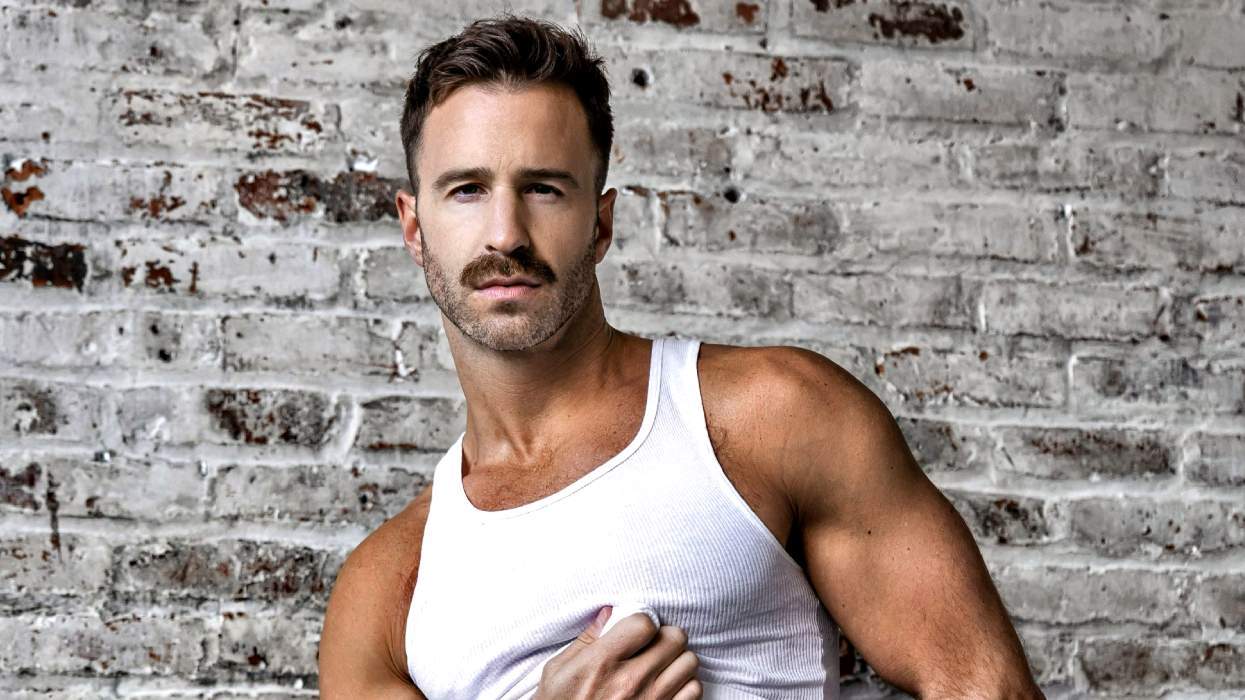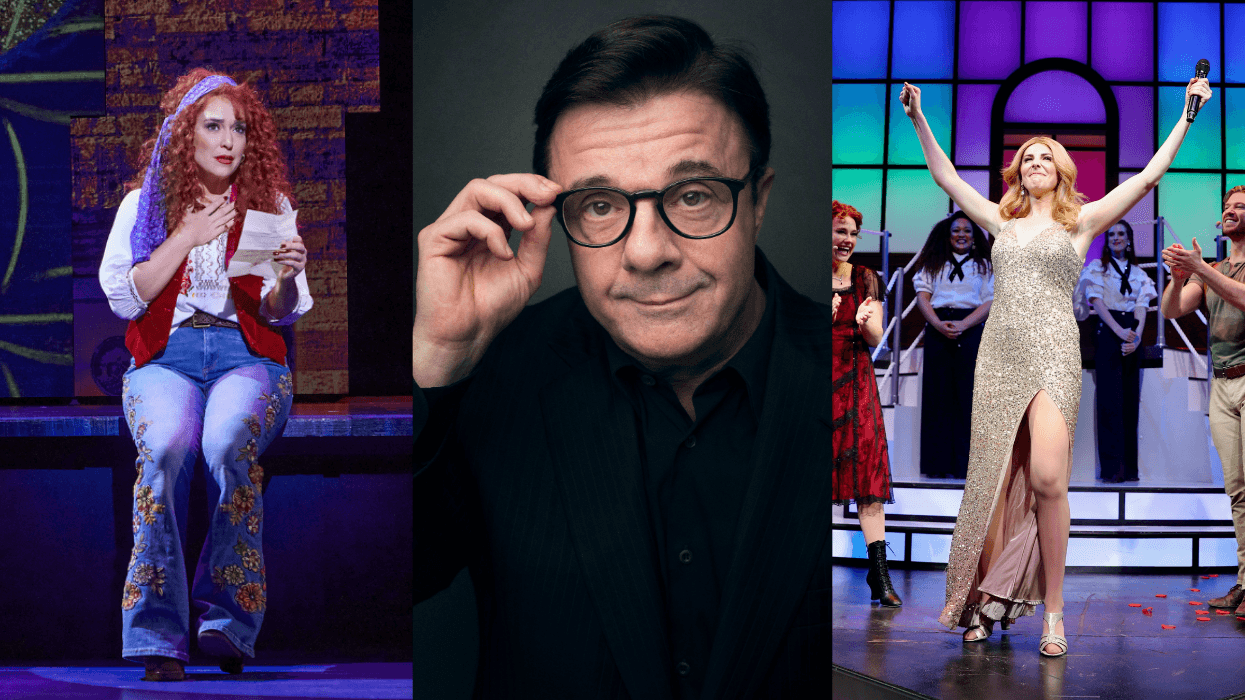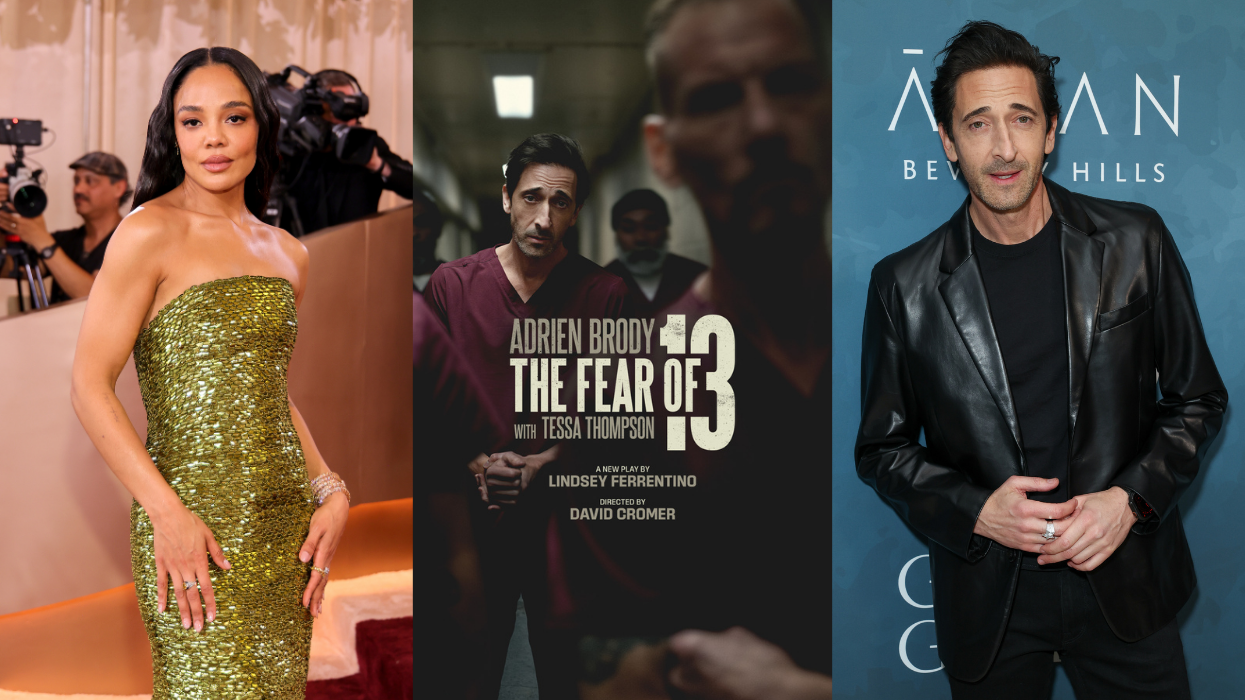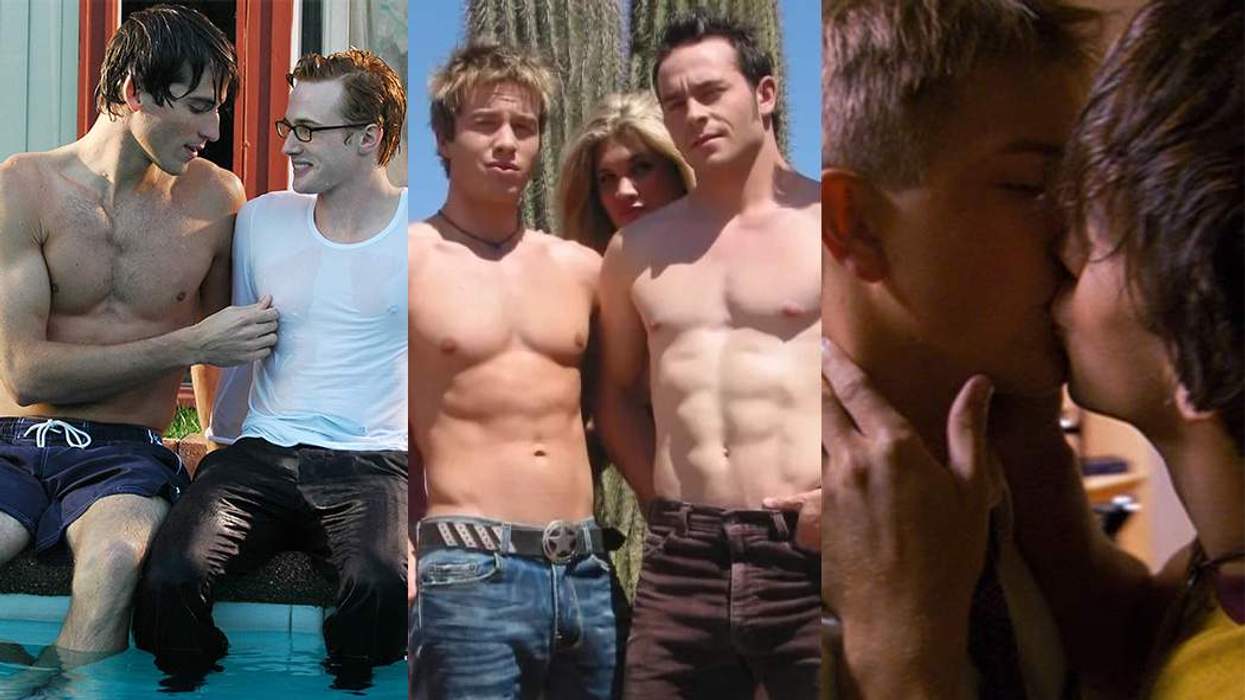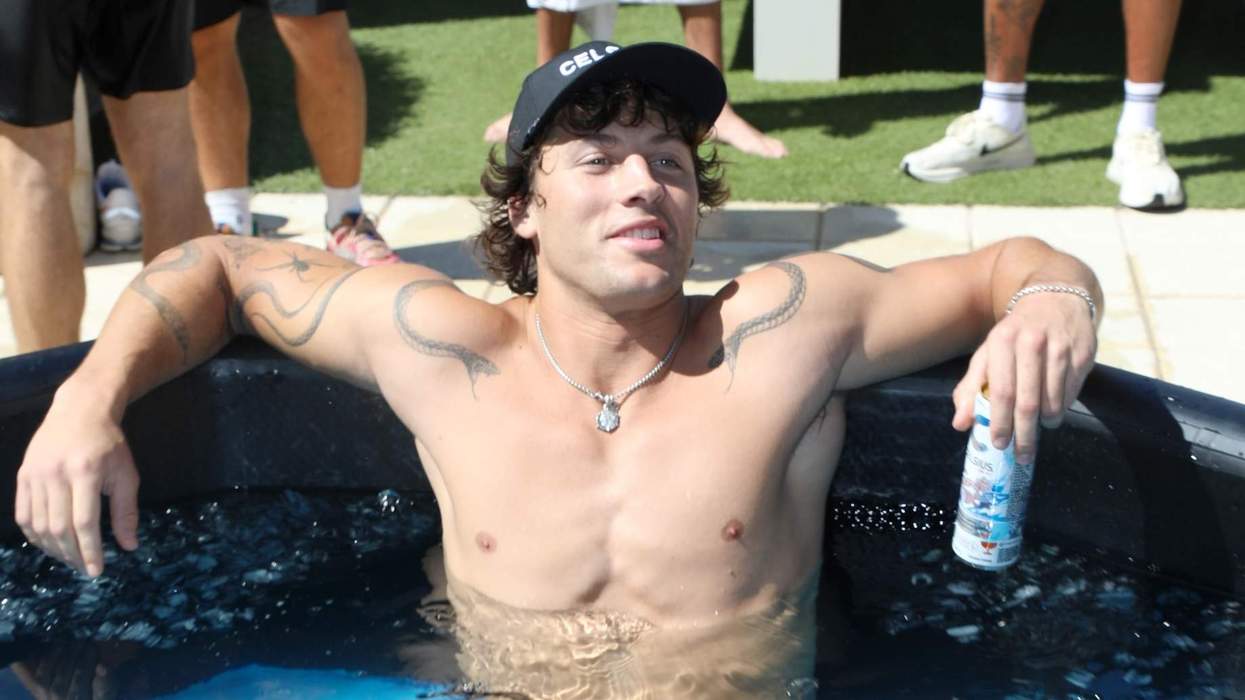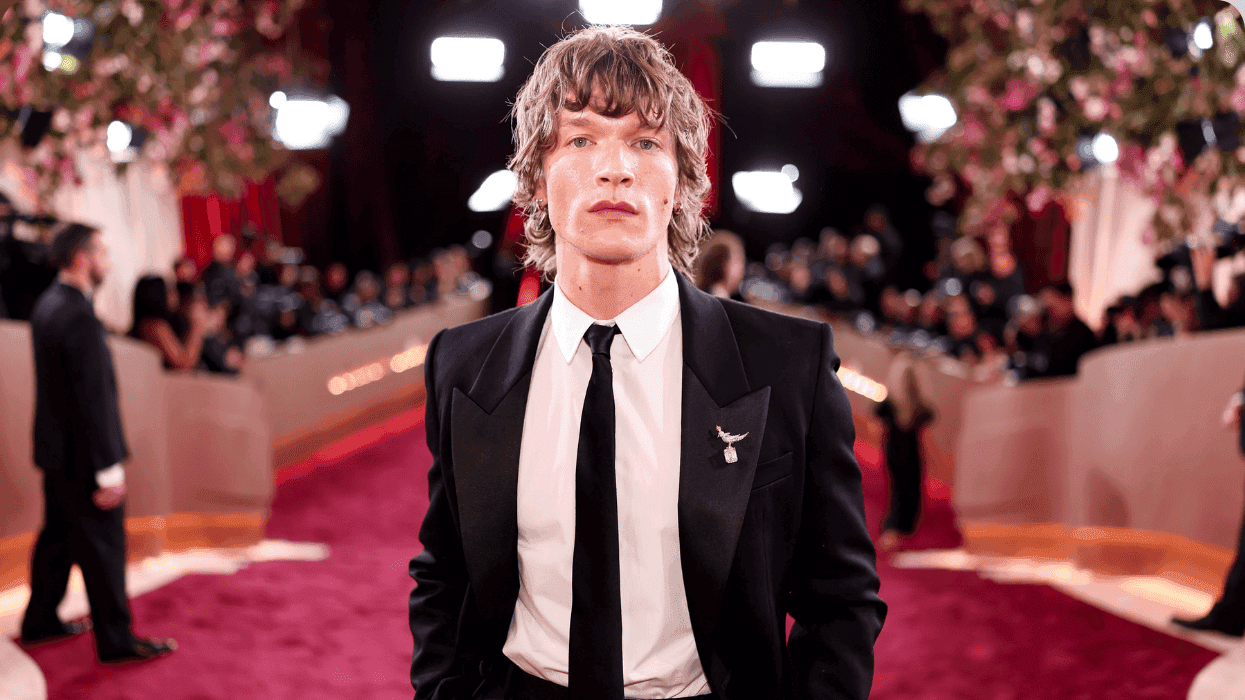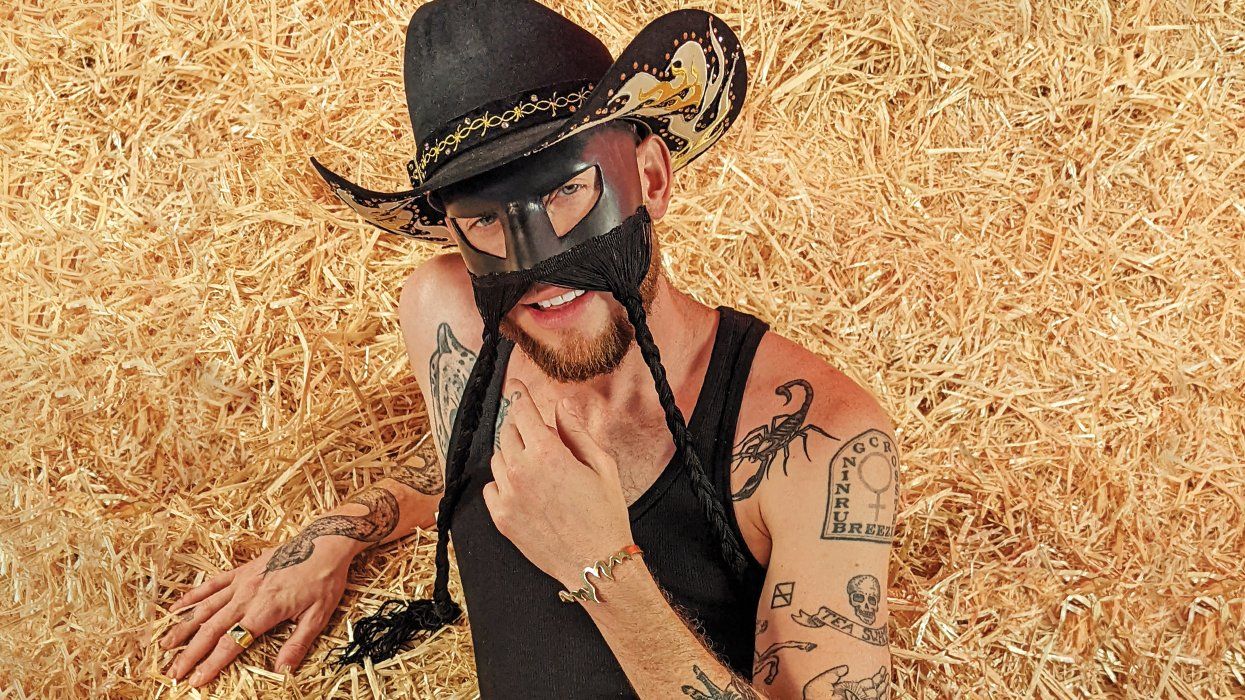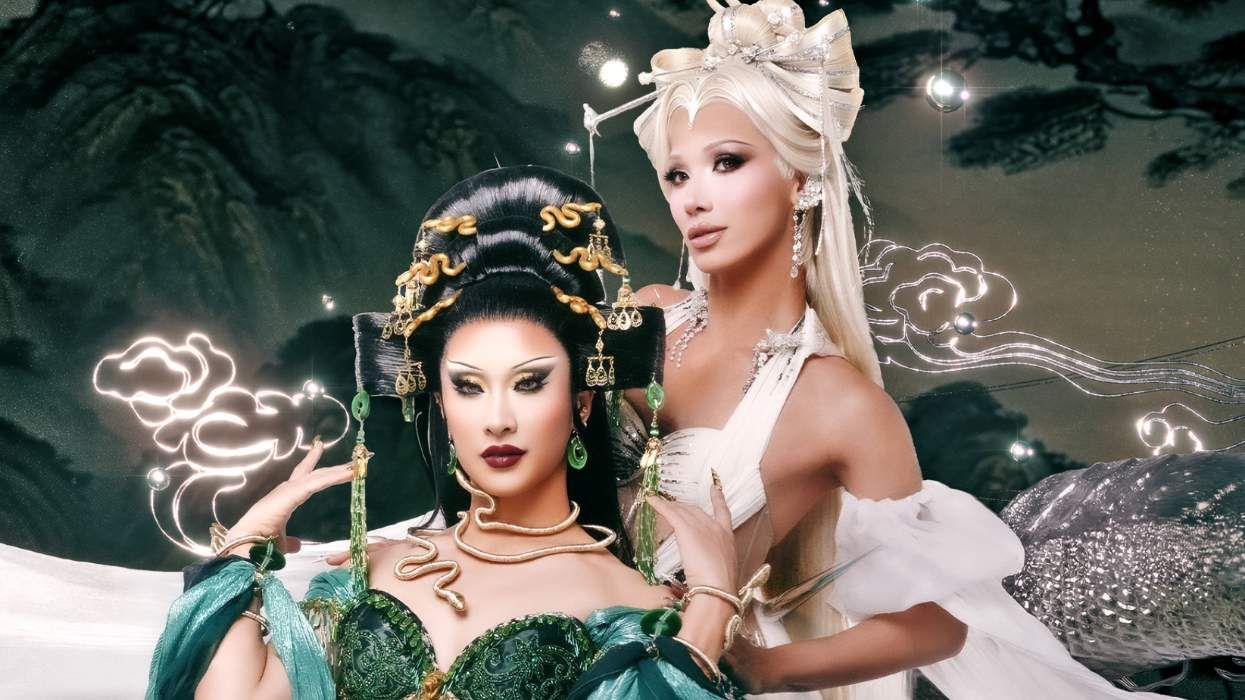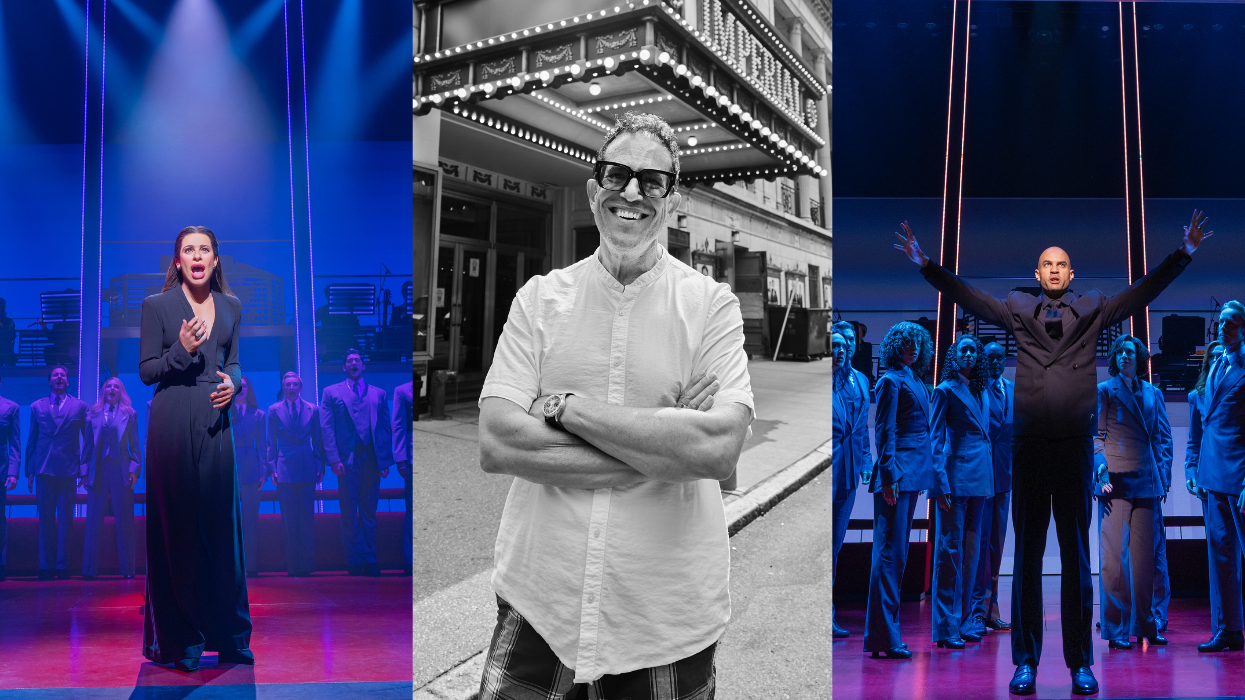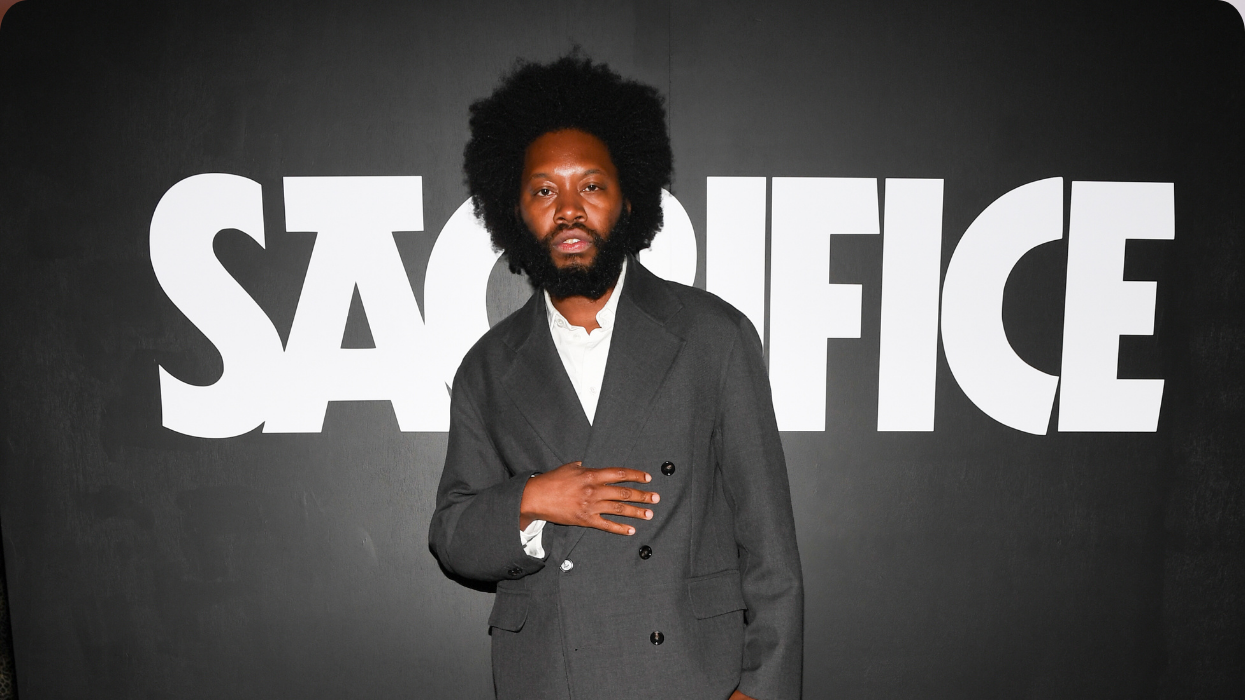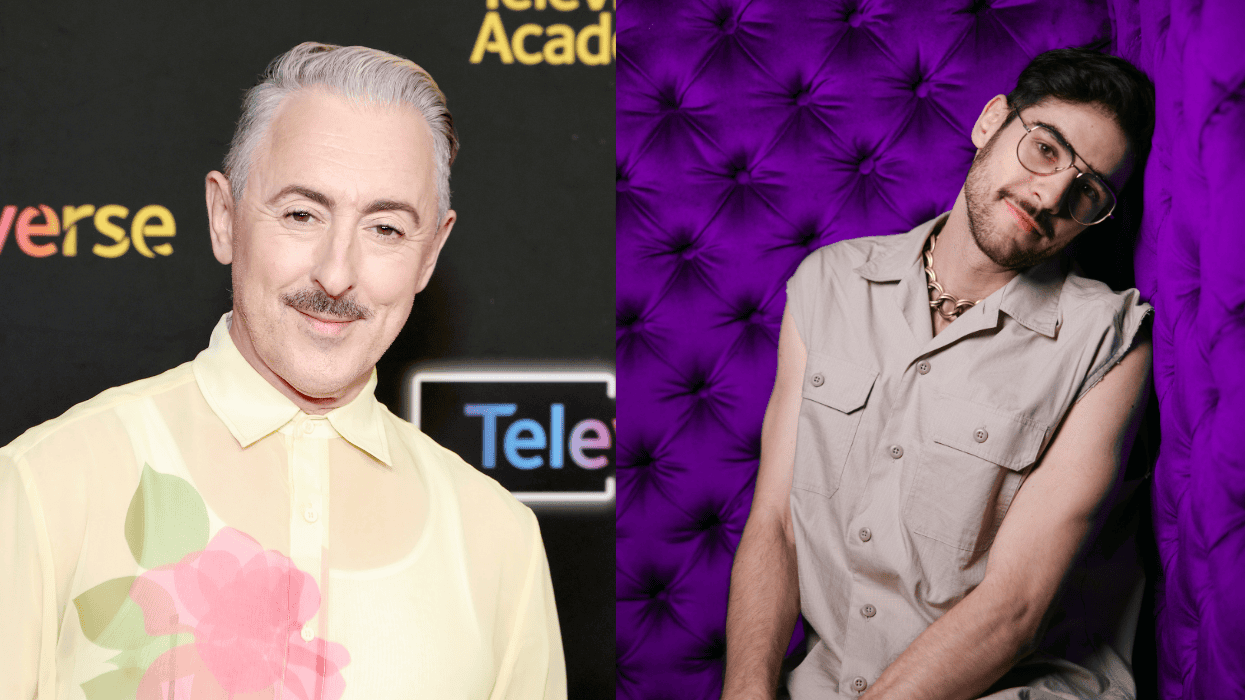Award-winning playwright and director Nia O. Witherspoon wants you to feel Messiah -- a production that's all about the anguish, rage, fear, and possibility of being a young gender nonconforming person in the midst of an ongoing fight for Black resilience and healing.
Centered on a traverse stage awash in a kaleidoscope of colors, the play's namesake character is catapulted not only through his own gender identity, but through the history of his community. As the child of Black Panther Party members, Messiah carries an intimate relationship with injustice, learning about the corruption and immorality that police officers are capable of and witnessing the Crack epidemic at a young age.
Despite the political education that Messiah's parents have bequeathed to him, they don't exist as ever-benevolent guiding forces in his life. Messiah's father, Curtis, callously discards a long-term relationship with a transgender woman named Maybelline in order to live a more "normal" life, and their mother struggles with alcoholism. Both also enact their own share of mental and physical harm onto Messiah out of ignorance of his gender nonconformity. Messiah's saving grace comes in the form of a DJ alter-ego which liberates his own desires for his future.
This boundless story has been years in the making. Witherspoon has been refining it for the last several years and coming off the heels of a year-long playwriting residency at the University of Massachusetts-Amherst wants to share the latest iteration. Messiah's latest run from May 23-June 2 is slated for eight shows with the possibility of an extension at Lamama Experimental Theatre Company. We got a chance to chat with Nia about her inspirations for Messiah and the latest run.
So Nia, you've been playwriting for several years. Is theatre something you were always interested in doing?
I like many people have a very circuitous journey to theater. I always wrote from the time I can remember. I would always write and perform in terms of being at the house. I always sang and played dress up. I was always managing a form of expression as a biracial only child. It felt like a means of survival for me.
In my high school musical, I played Anita in west side story. It was definitely a moment, but it was also super fraught because I went to a predom white high school. I knew that even if I was at my pinnacle, the biggest role I could get was Anita not Maria. It was painful because I didn't know who or how to talk about it.
After college, I did some community work and I was in AmeriCorps and took film classes at UC Berkeley and I was exposed to artists like Marlon Riggs. Art has allowed me to find my voice and sense of power and agency in all of these systems of oppression that I was being affected by. That didn't translate into theatre until later, but it is how I became a multidisciplinary artist.
When would you say you realized you had this particular story about a Black gender nonconforming teenager on your hands?
It was definitely in my first year of grad school at Stanford in Cherie Moraga's playwriting class. Her presence at Stanford was the pinpoint, the root, the possibility of me being there because I wanted to study with her so bad as an aspiring woman of color in theatre.
A lot of playwrights say this, and we make fun of it, but it's true -- like you hear [the characters'] voices in your head. I heard some lines from an interview between a reporter and Messiah. Then, it was a process of excavation for at least a decade after that. I had so many drafts of it. It started as a variety show, it was called, "Black Post-Nationalist Play," and throughout the process the gender of the character kept shifting.
Was it difficult writing the character of Messiah because of the duality of how he is seen by some people in his life versus others?
I think the only duality that existed came from other people. I think that Messiah was always whole and this fragmentation or bifurcation [of their identity] had to exist because of our limitations around bodies and gender in society. The difficulty came with writing them with a level of exhaustion and isolation from suffering [through his identity journey] alone. The play is a treatise on how interpersonal violence is systemic violence. It's really about how they are related and also the same. Messiah has not physically transitioned and doesn't necessarily have access to certain language. He's like plenty of people who don't see language in the world for them yet.
You wrote Messiah a few years ago, so do you think it means something different in this current era of politics and social justice?
I certainly felt a sense of resonance when it was being workshopped at BRIC during the height of the Movement for Black Lives. Being able to speak about state violence against Black folks, in a way that speaks to all Black folks, helped create a public discourse and platform for the way the play was existing. That mattered a lot.
I know the [organizing] work looks different today, even Alicia Garza has shifted more to the Black Futures Lab and Black Youth Project 100 is changing. But thinking about the Trump era and the encouragement of acts of violence, I feel the play's in good company still. I think there's a Black arts revolution happening in this moment. This play is about the ways in which Black folks finding their voice can be quite a dangerous endeavor. It's also a ritual about breaking the curse of intergenerational trauma and I hope people leave it feeling more free than when they came in.
Messiah will run through June 2 at Lamama Experimental Theatre Company, 66 East 4th Street, New York, NY. Tickets can be purchased here.
RELATED: 'Waking Hour' Explores How Messy Dating Can Be for Young Trans Women


